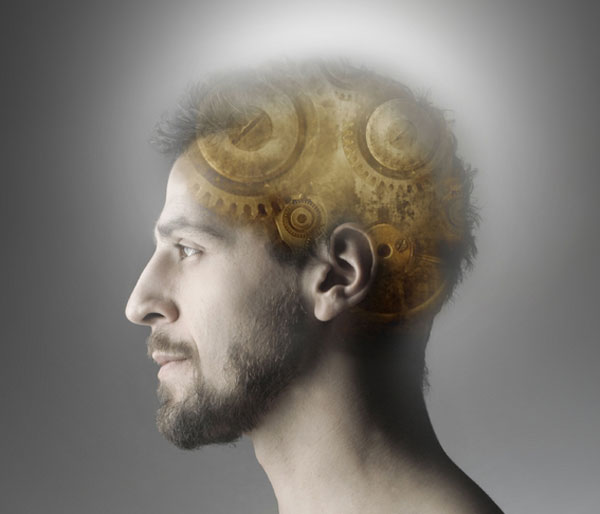How Are Memories Stored in the Brain?

Get the world’s most fascinating discoveries delivered straight to your inbox.
You are now subscribed
Your newsletter sign-up was successful
Want to add more newsletters?

Delivered Daily
Daily Newsletter
Sign up for the latest discoveries, groundbreaking research and fascinating breakthroughs that impact you and the wider world direct to your inbox.

Once a week
Life's Little Mysteries
Feed your curiosity with an exclusive mystery every week, solved with science and delivered direct to your inbox before it's seen anywhere else.

Once a week
How It Works
Sign up to our free science & technology newsletter for your weekly fix of fascinating articles, quick quizzes, amazing images, and more

Delivered daily
Space.com Newsletter
Breaking space news, the latest updates on rocket launches, skywatching events and more!

Once a month
Watch This Space
Sign up to our monthly entertainment newsletter to keep up with all our coverage of the latest sci-fi and space movies, tv shows, games and books.

Once a week
Night Sky This Week
Discover this week's must-see night sky events, moon phases, and stunning astrophotos. Sign up for our skywatching newsletter and explore the universe with us!
Join the club
Get full access to premium articles, exclusive features and a growing list of member rewards.
Because memories underlie so much of our rich life as humans our ability to learn, to tell stories, even to recognize each other it's unsettling to think that it all hinges on the mass of flesh and goo between our ears.
Researchers have been able to trace memory down to the structural and even the molecular level in recent years, showing that memories are stored throughout many brain structures in the connections between neurons, and can even depend on a single molecule for their long-term stability.
How it works
The brain stores memories in two ways. Short-term memories like a possible chess move, or a hotel room number are processed in the front of the brain in a highly developed area called the pre-frontal lobe, according to McGill University and the Canadian Institute of Neurosciences, Mental Health and Addiction.
Short-term recollection is translated into long-term memory in the hippocampus, an area in the deeper brain. According to McGills , the hippocampus takes simultaneous memories from different sensory regions of the brain and connects them into a single "episode" of memory, for example, you may haveone memory of a dinner party rather than multiple separate memories of how the party looked, sounded , and smelled.
According to McGill, as memories are played through the hippocampus, the connections between neurons associated with a memory eventually become a fixed combination, so that if you hear a piece of music for example, you are likely to be flooded with other memories you associate with a certain episode where you heard that same music.
Images of the brain
Get the world’s most fascinating discoveries delivered straight to your inbox.
In a brain scan, scientists see these different regions of the brain light up when someone is recalling an episode of memory, demonstrating how memories represent an index of these different recorded sensations and thoughts.
The hippocampus helps to solidify the pattern of connections that form a memory, but the memory itself depends on the solidity of the connections between individual brain cells, according to research from McGill and from New York University.
In turn, the cells of the brain depend on proteins and other chemicals to maintain their connections to each other and to communicate with one another. Scientists at NYU, the Medical College of Georgia and elsewhere have shown with experiments in animals that removing or changing just a single chemical or molecule can prevent the formation of memories, or even destroy memories that already exist.
- Do We Really Only Use 10 Percent of Our Brains?
- Why Do Songs Get Stuck in Your Head?
- Top 10 Mysteries of the Mind
Got a question? Email it to Life's Little Mysteries and we'll try to answer it. Due to the volume of questions, we unfortunately can't reply individually, but we will publish answers to the most intriguing questions, so check back soon.
 Live Science Plus
Live Science Plus






